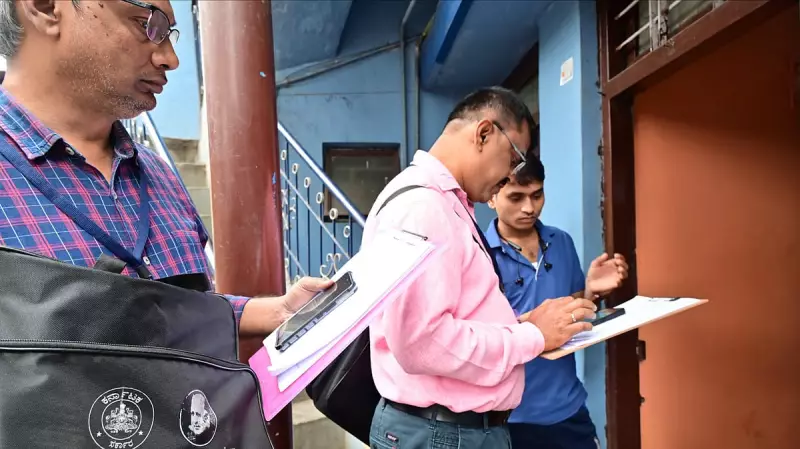
Karnataka Moves to Include Private Sector in Comprehensive Caste Survey
A significant development is unfolding in Karnataka as the state's caste survey committee considers mandating private companies to provide detailed employee information. This move aims to gather comprehensive data that experts believe is essential for accurately evaluating the social and economic progress of different communities across the state.
Why Private Sector Data Matters for Social Assessment
According to specialists familiar with the survey's objectives, secondary data from private employment records is considered crucial for creating a more complete picture of how various caste groups have advanced in both educational attainment and employment opportunities. The current approach primarily relies on government sector data, which provides an incomplete assessment of the relative progress made by different communities.
The proposed data collection would enable policymakers to better understand representation patterns across industries and job levels within Karnataka's private sector. This information could reveal whether certain communities face systemic barriers in accessing quality employment in corporate settings, despite educational qualifications.
Implementation Timeline and Data Privacy Considerations
The discussion about incorporating private sector employee data comes as the Karnataka government continues its comprehensive caste survey initiative. The news was reported on November 11, 2025, indicating the committee is actively exploring this expansion of data sources.
While the specific implementation framework remains under development, the proposal raises important questions about data privacy and corporate compliance. Private companies operating in Karnataka would need to establish protocols for sharing demographic information while protecting individual employee identities and sensitive personal data.
Business organizations are likely to seek clarity on several aspects of the proposed mandate:
- The specific data points required from employee records
- Data security and anonymity safeguards
- Compliance timelines and reporting mechanisms
- Potential penalties for non-compliance
Broader Implications for Policy and Social Justice
This potential expansion of Karnataka's caste survey represents a significant step toward evidence-based policymaking. With more comprehensive data covering both public and private sectors, the state government could develop more targeted programs to address existing disparities.
Experts emphasize that understanding relative community progress requires multidimensional assessment that includes private sector representation, where the majority of formal employment opportunities exist. The collected data could inform future reservation policies, educational initiatives, and skill development programs designed to create more equitable opportunities across all communities in Karnataka.
As the committee finalizes its approach to private sector data collection, stakeholders across industries await detailed guidelines that balance the survey's social objectives with practical business considerations and individual privacy rights.






